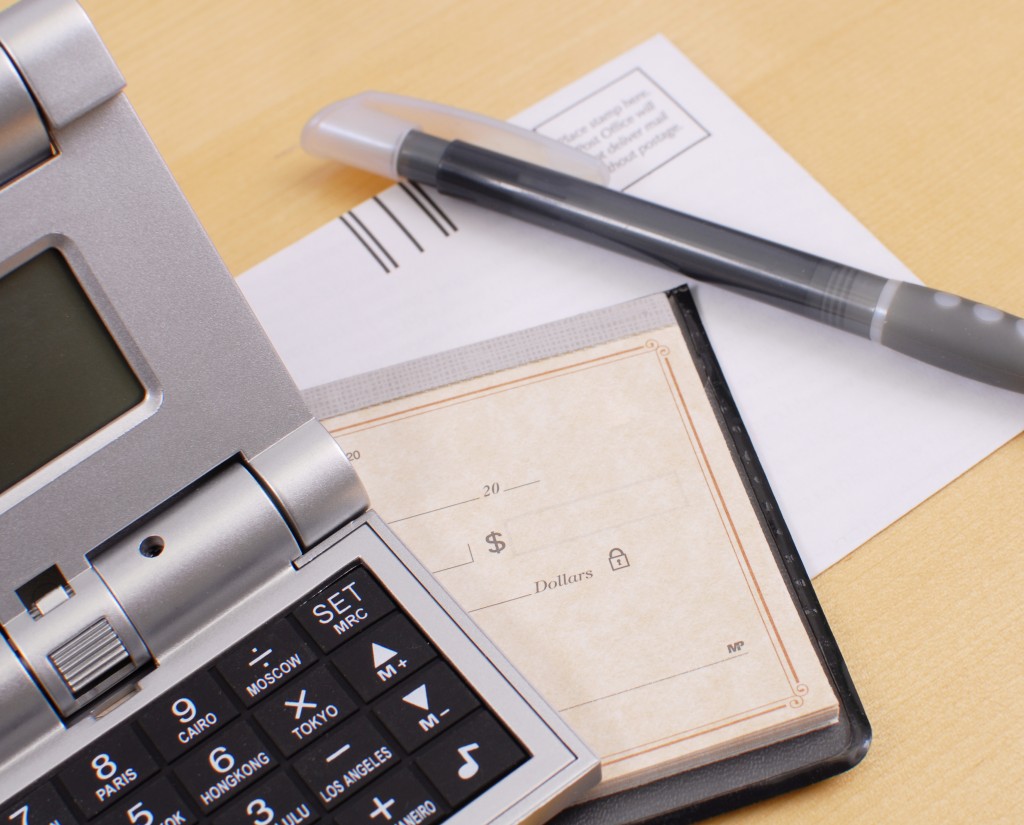In business, boundaries between certain things should be set up to avoid conflicts and confusion. If you blur the lines between your business and personal finances, you are bound to experience troubles. Separating them, on the other hand, will give you a lot of benefits. For example, you will be able to take advantage of tax deductions. Also, you will be able to maintain and strengthen a professional image, since everyone knows that you’re not using business money to find personal purchases.
For many entrepreneurs, though, separating personal and business finances may be easier said than done. This is especially true for budding businesspeople; more often than not, they do not know where to start. They may have the impression that it’s just okay to pay their mortgage loans using their operations money because they own the company after all.
Now is the time to strengthen the boundaries. Here are some tips:
Establish a legal business entity
The way you structure your business also affects the way you separate your personal and business finances. Your business can become a corporation, a limited liability company LLC, or even stay under sole proprietorship. Many experienced businesspeople and attorneys recommend LLCs. This is because this structure provides you with legal protection; in case the company has incurred debts, your personal assets can’t be used to pay the creditors. It also has some tax-based benefits.
Open a separate savings or checking account
Sometimes, the answer is obvious. It just makes sense to create separate savings or checking accounts for your business and personal finances. Doing so will also help you track your business expenses easily. It will also help you when the tax season rolls in. In the same context, it would be wise to get a separate credit card account for business. All business-related expenses, such as corporate trips, dinner with clients, and small parties at the office should be paid using the company credit card.

Pay yourself
Another way of keeping personal and business finances separated is by paying yourself a salary. While you are the company’s boss, it will help to write yourself a check each month from your business account. If you keep spending using business money, the boundaries become blurred, so behave as if you are working for someone else. Treat yourself as an employee, too, so you might as well receive bonuses and incentives.
Keep your receipts for reimbursement
There are some occasions when you use your personal finances for business purposes. But don’t just reclaim the money easily. You still need to be transparent. For example, keep the receipts of the purchase and send them to your accounting department. Let your finance department transfer the repayment.
Practice caution
Boundaries in the context of business is important. This is especially true when it comes to finances. Other than setting rules for yourself, it would also be wise to educate your partners and employees about this. That way, you will be able to build a corporate culture that thrives on transparency and respect.

